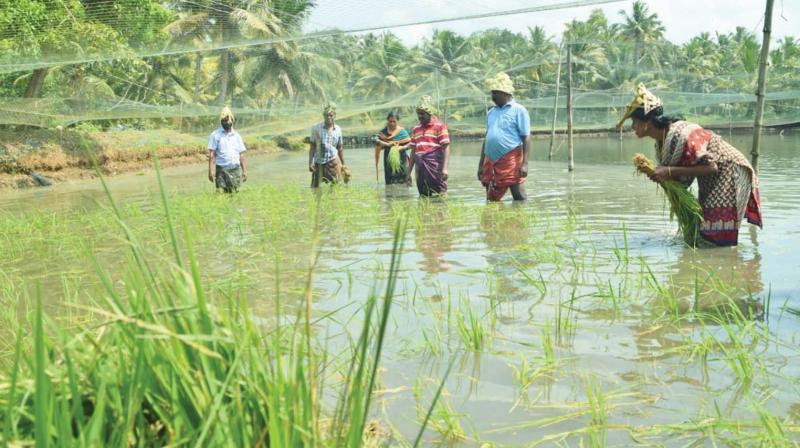Loan waivers are good politics, not economics
For agriculture to be viable, the farmer must get a minimum support price that is close to the market price.

The streak of competitive farm loan waivers is good politics, particularly because of the looming general election. Blanket loan waivers are, however, bad economics. A demand and supply-driven market is the wisest leader, and thus writing off loans for anyone is undesirable. But even the greatest minds in economics must come around to the view that society counts, and helping distressed sections to climb out of poverty or financial stress is a safety valve against social unrest. Any view on economics must also accept that in a developing nation the State plays a role that is larger than life. Many developed economies also have pro-farmer policies, and India, with over 50 per cent of its population dependent on agriculture, cannot but be pro-farmer.
The recent poll results in the Hindi heartland can be ascribed to agrarian distress and dearth of jobs, which is why these competitive farm loan waivers will continue until the already-stressed State finances reach a breaking point. But India’s $2.6-trillion economy can still take the pressure, which it must for the sake of food security. Received wisdom would suggest that loan waivers can’t be a long-term policy.
For agriculture to be viable, the farmer must get a minimum support price that is close to the market price. Layers of middlemen and complex procurement processes mean that farmers hardly get any credible value for their produce. Only an orderly supply chain, access to credit and markets, besides fair crop insurance, can assure a debt-ridden farmer that his toil will give him a life worth living. In our populism-driven politics, there is more place for institutional loan waivers than planned liberalisation of the farm sector. As long as the leadership simply reacts to issues than become proactive, the troubling status quo will prevail.
Input costs are rising while farm produce is fetching less and less at the sale point and the declared MSPs, despite a 150 per cent hike, don’t seem to have helped. Farmers face the inevitable battle against failing monsoons. Only a section of farmers derive benefit from waivers, as rural wages remain stagnant. And yet, because of the coming Lok Sabha elections, governments are looking at the farm and rural economy. A one-time farm loan waiver on a national scale may help somewhat, but states are competing against each other already, even in wiping out rural power bill arrears. What is really needed is a national policy to set up an equitable mechanism under which most of what people pay for their foodgrains reaches the farmer — owner and cultivator. Years of planning and tinkering with the system through committees has not helped. Fresh thinking is necessary at the national level. Also, the cost of waivers must be computed and effective measures taken to ensure that its financial effects are contained.

